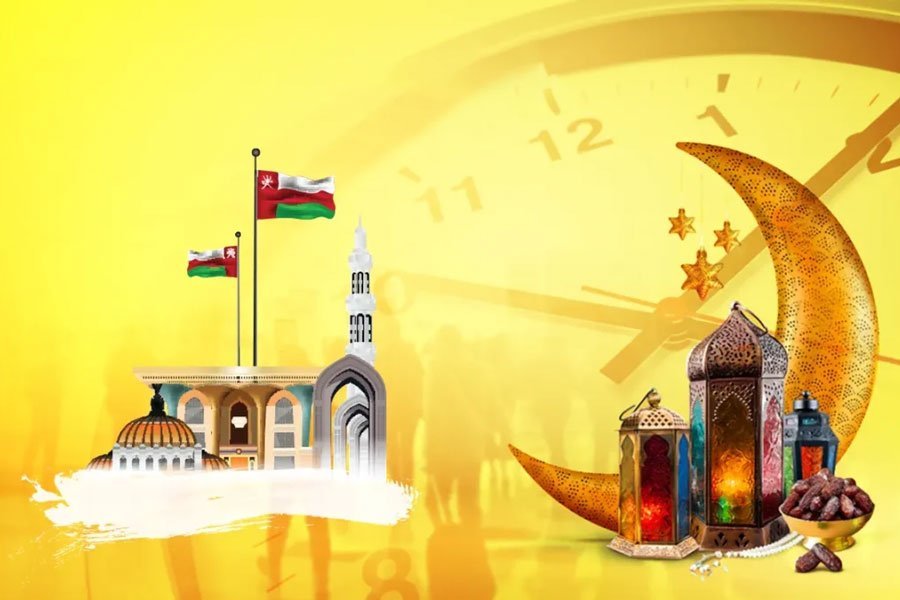Ramadan is a special month for Muslims around the world, and Oman is no exception. During this holy month, Muslims fast from sunrise to sunset and engage in prayer, reflection, and acts of charity. For visitors to Oman during Ramadan, it’s important to be aware of the customs and traditions of the local culture to ensure a respectful and enjoyable experience.
One of the most important things to keep in mind when visiting Oman during Ramadan is the fasting hours. Muslims fast from sunrise to sunset, which means that eating, drinking, and smoking in public during this time is strictly prohibited. As a visitor, it’s important to be respectful of these rules and avoid consuming food or drink in public during fasting hours. Many restaurants and cafes will be closed during the day, but there are still plenty of options available for meals outside of fasting hours.
Another important aspect of visiting Oman during Ramadan is to dress appropriately. Oman is generally a liberal country when it comes to dressing, but during Ramadan, it’s important to dress more modestly as a sign of respect. This is particularly important when visiting religious sites or attending iftar (the evening meal when Muslims break they’re fast). Men should wear long pants and shirts with sleeves, while women should cover their heads and wear clothing that covers their arms and legs.
Visitors to Oman during Ramadan should also be aware of changes to operating hours for businesses and public services. Many shops, banks, and government offices will have reduced operating hours, and some may be closed entirely during certain days of the week. It’s important to check ahead to ensure that your plans aren’t impacted by these changes.
Despite the restrictions, there are many things to enjoy in Oman during Ramadan. Visitors can participate in iftar meals at local mosques, where they can experience traditional Omani hospitality and try local specialties. There are also Ramadan markets (known as souqs) where visitors can buy traditional handicrafts, clothes, and food.
Many hotels and restaurants also offer special Ramadan packages and menus, allowing visitors to experience the local culture and cuisine during this special month. In addition, many cultural and religious events take place during Ramadan, such as traditional music performances and nightly prayers at mosques.
In summary, visiting Oman during Ramadan can be a unique and rewarding experience, as long as visitors are respectful of the customs and rules. By dressing modestly, respecting the fasting hours, and being aware of any changes to operating hours, visitors can enjoy all that Oman has to offer during this special month. Ramadan is a time of reflection and spiritual growth for Muslims, and visitors to Oman can share this experience by learning about the customs and traditions of the local culture.


Comment (0)